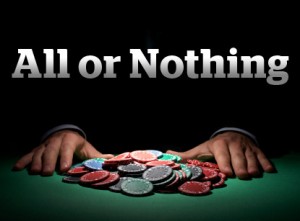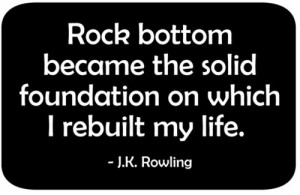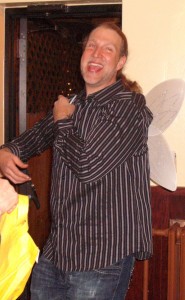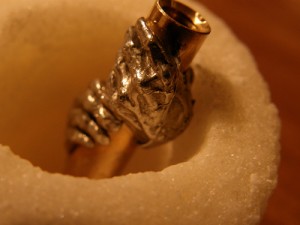Step 1 – Admitted we were powerless over our art and our creative lives had become unmanageable.
 Now, my friends, we talk about the time card. I can’t write because I don’t have time. That’s playing the time card. You can put this under powerless, but really, the time card is more about unmanageability. Or really, a perceived unmanageability.
Now, my friends, we talk about the time card. I can’t write because I don’t have time. That’s playing the time card. You can put this under powerless, but really, the time card is more about unmanageability. Or really, a perceived unmanageability.
More and more, I’m seeing playing the time card as a cop out. I have a friend who writes novels on his cell phone when there is a lull at work. On his cell phone. With his thumbs.
Let me repeat that. HE WRITES NOVELS WITH HIS THUMBS ON HIS CELL PHONE!
Another woman I talked to writes whenever she has a spare moment, like waiting in line to pick up her kids from school. Yeah, whips out her laptop and types a couple of words while in the carpool pickup lane.
If you aren’t blocked, if you feel fearless and inspired, you’ll find the time. Yes, you might not sleep as much as you want, and yes, your TV time might get clipped, but the bottom line, there are people, right now, with less time than you, doing more. So more and more, when I play the time card, it’s because there’s something else going on.
One old idea that I had that relates directly to the time card is the all-or-nothing idea.
 If I can’t write for eight hours a day, I won’t write at all. I would fritter away my writing time, then look at the clock, and sigh. Only two hours to write? Why even bother? And so I wouldn’t write that day. Artists are people who create art. When I’m writing, I’m a writer. When I’m not, I’m just a human being. We have lots of humans on this planet. Be an artist. Create.
If I can’t write for eight hours a day, I won’t write at all. I would fritter away my writing time, then look at the clock, and sigh. Only two hours to write? Why even bother? And so I wouldn’t write that day. Artists are people who create art. When I’m writing, I’m a writer. When I’m not, I’m just a human being. We have lots of humans on this planet. Be an artist. Create.
I love the stories about Anthony Trollope.
 He was just like us, he had a day job, but every day he would write for two hours in the morning. He was a machine. If he finished one novel, and he still had fifteen minutes left in his writing time, he’d start the next one, and homeboy produced those Victorian novels you can murder people with. Lots and lots of words, two hours a day.
He was just like us, he had a day job, but every day he would write for two hours in the morning. He was a machine. If he finished one novel, and he still had fifteen minutes left in his writing time, he’d start the next one, and homeboy produced those Victorian novels you can murder people with. Lots and lots of words, two hours a day.
Once I realized I was playing the all-or-nothing game, I swore that I would use whatever time I had to write. Sometimes I only had forty-five minutes. Sometimes less, but I would put the time in because every minute counts. And once I got into a rhythm, I would naturally drift into writing.
The reality is this: most of life is stupid habit. If you get into the habit of art, even when you don’t want to create, you’ll find yourself just doing it anyway because it’s just what you do from 6 a.m. to 8 a.m. Stupid, blind habit. And the minutes pile up fast, just doing a little bit every day.
Use the time you have wisely. A friend of mine says he wastes his life in ten-minute increments. You could write epic novels in ten-minutes increments. Go forth. Write. Create. Use your minutes.
Because before you know it, they will be gone.








